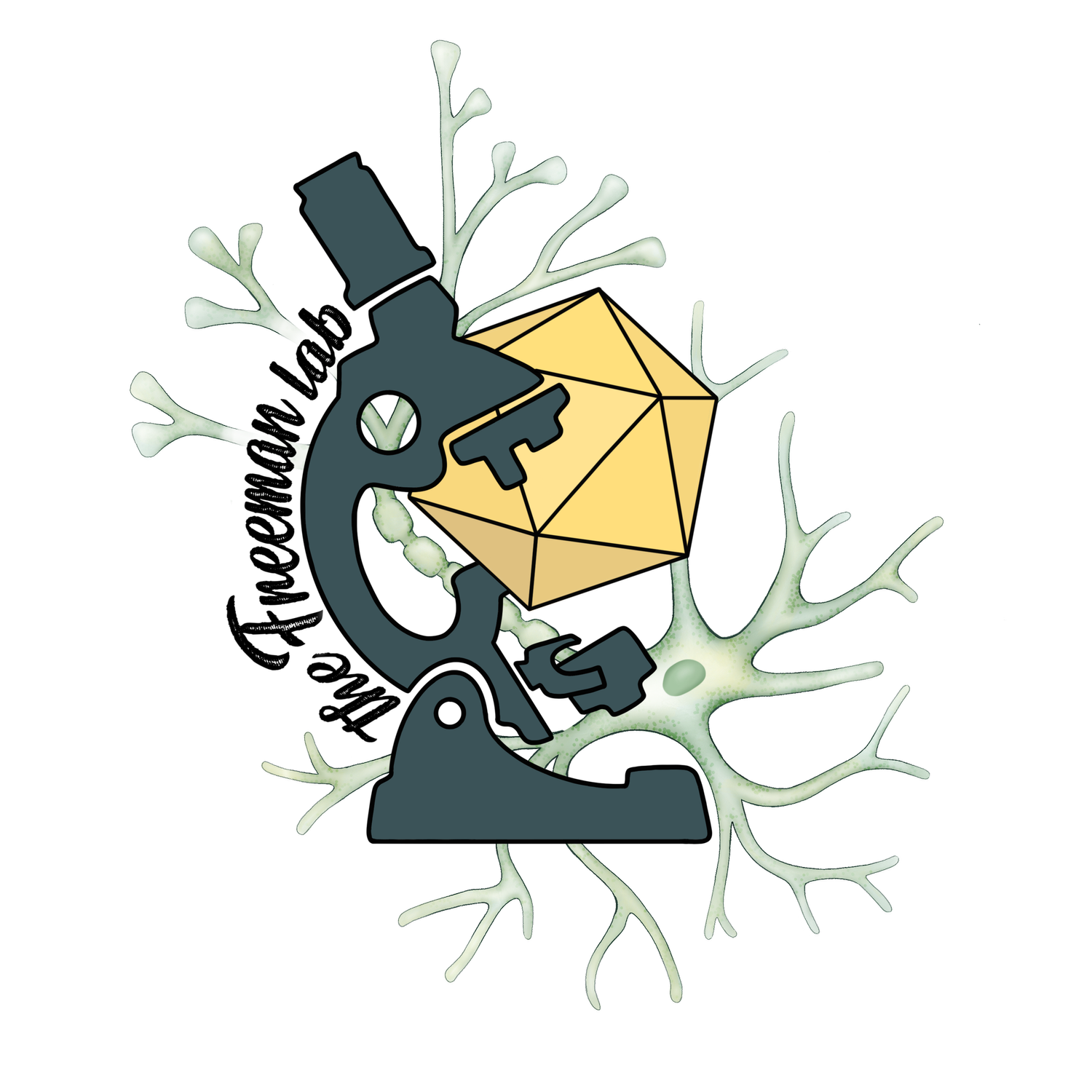
How do viruses cause disease in the central nervous system?
We study viruses with tropism for the central nervous system using human tissue models (organoids) of relevant sites derived from induced, pluripotent stem cells.
Our current focus is on how enterovirus D68 (EV-D68) mediates acute flaccid myelitis (AFM), a polio-like illness, in children by using a novel human spinal cord organoid model.
AFM results in moderate to severe paralysis in previously healthy children due to spinal cord damage, leading to lifelong increased medical needs. It is unknown how EV-D68 causes paralysis in children and effective medicines for this condition do not exist. Understanding how EV-D68 infection leads to spinal cord damage could lead to new medications, prevention, or treatment strategies for these viruses, leading to improved care of children with AFM. Our work is also supported by patient-derived samples (human cell and viral) to better understand how specific viral genotypes and specific host factors contribute to pathogenesis of this rare condition.
UPMC Children’s Hospital of Pittsburgh










